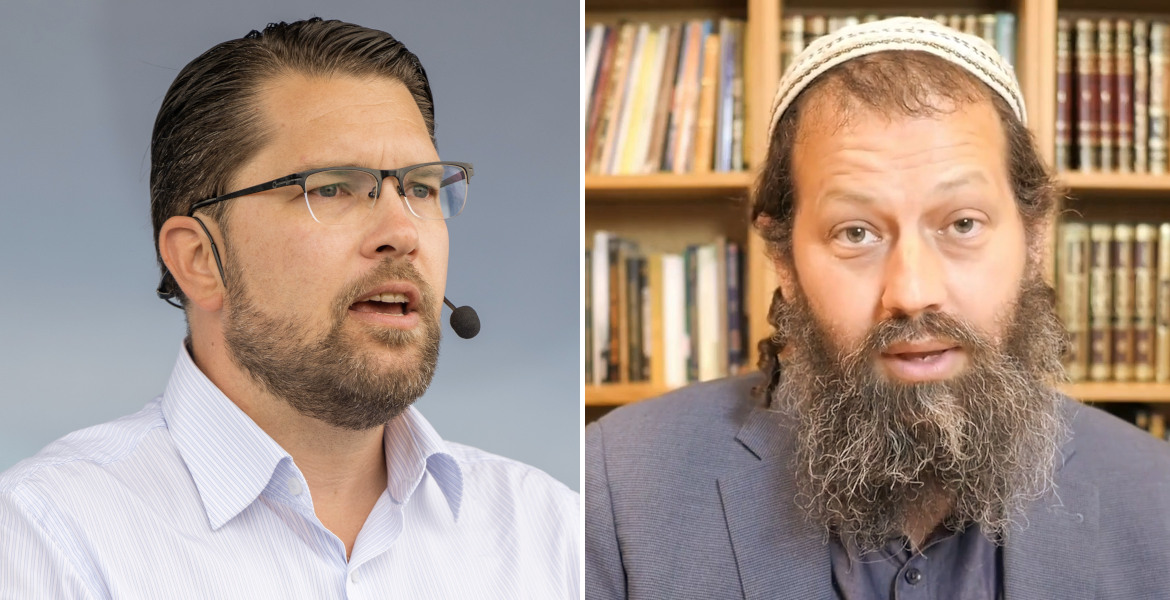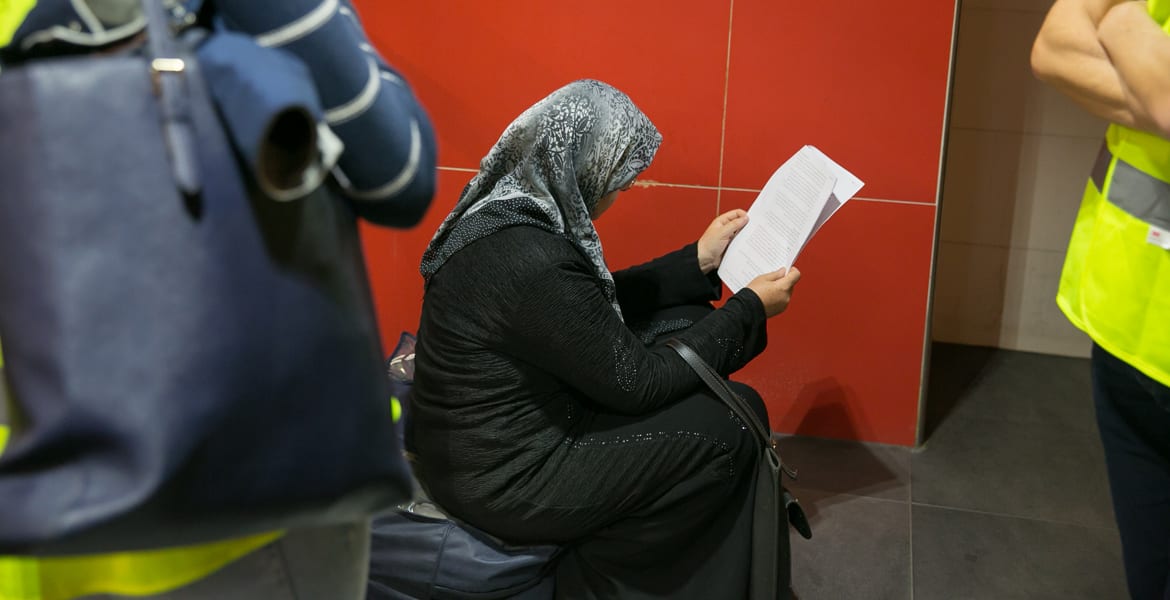The Swedish National Audit Office has reviewed admissions to police training and concluded that major changes must be implemented if the Swedish police are to meet the requirements for diversity and representation set by politicians.
Despite the fact that police training has already been simplified in several rounds, there is still considerable disapproval of the fact that women and people with immigrant backgrounds are more often rejected than Swedish men.
In the case of women, it has been noted that they have difficulty passing the strength tests – and although it is acknowledged that the tests are based on scientific principles, it is stated that it is not certain that they are actually "adapted to measure whether the candidates have the abilities required to succeed in the police profession".
"It cannot be ruled out that the test disadvantages women. It may also be due to the fact that the thresholds are not clearly substantiated", the report states.
For immigrants, it is not the physical fitness tests that are the main problem – instead, it is the fact that many police cadets with immigrant backgrounds fail the aptitude test.
According to the National Audit Office, this "cannot be attributed to differences in grades or scores on the university entrance exam" – instead, a likely explanation for why fewer people with a foreign background pass the aptitude test is that it "is old and contains archaic language" – for example, words that were used in the 1960s.
Suggests discrimination
Even when the results of the university entrance exam are taken into account and compared with the scores on the aptitude test, significant differences remain, and it is clear that people with immigrant backgrounds perform worse than Swedes.
According to the agency, the fact that both women and immigrants fail more often than Swedish men may indicate that the selection process itself is problematic and that the tests should be changed.
"The selection method used means that candidates must pass one stage to move on to the next. This is particularly problematic in combination with unclear thresholds, and means there is an increased risk that suitable candidates will drop out of the admission process at an early stage on unclear grounds. Overall, this constitutes a potential obstacle to achieving the government's ambition of greater diversity in the police force", it concludes.
It therefore recommends that the Police Authority "review the admission process", including "ensuring that the requirements profile, tests, and thresholds are based on the job analysis and do not discriminate against any group".
"The government has long expressed a desire for greater diversity in the police force, with more women and people with foreign backgrounds. Despite this, the composition has not changed significantly over time", it states bitterly.
Lowered requirements may affect police safety and ability
However, the police themselves are very skeptical about some of the criticism – especially the parts about women being disadvantaged by the physical tests – and that these therefore need to be changed.
– We believe that the strength test reflects the physical requirements of the profession and that a more in-depth analysis is needed before changing something that could ultimately affect both the safety of individual police officers and the overall operational capability, argues Marie Andersson at the Police Education Unit.
It should be noted that the requirements for police training have already been significantly lowered over the past 13 years. In 2012, the language test was removed, which required candidates to read a text and answer questions about it – something that many applicants with immigrant backgrounds found difficult.
In 2016, the requirements for passing the aptitude test were lowered, again with the justification that it would make it easier to fill places on police training courses.
In 2022, the requirement for passing grades in history in upper secondary school was also removed for applicants to the police training program. This was justified by the fact that history is not a compulsory subject and that the requirement for passing grades was considered to prevent suitable applicants from getting through the admission process. In the same year, the requirements for passing the aptitude test were further lowered.




